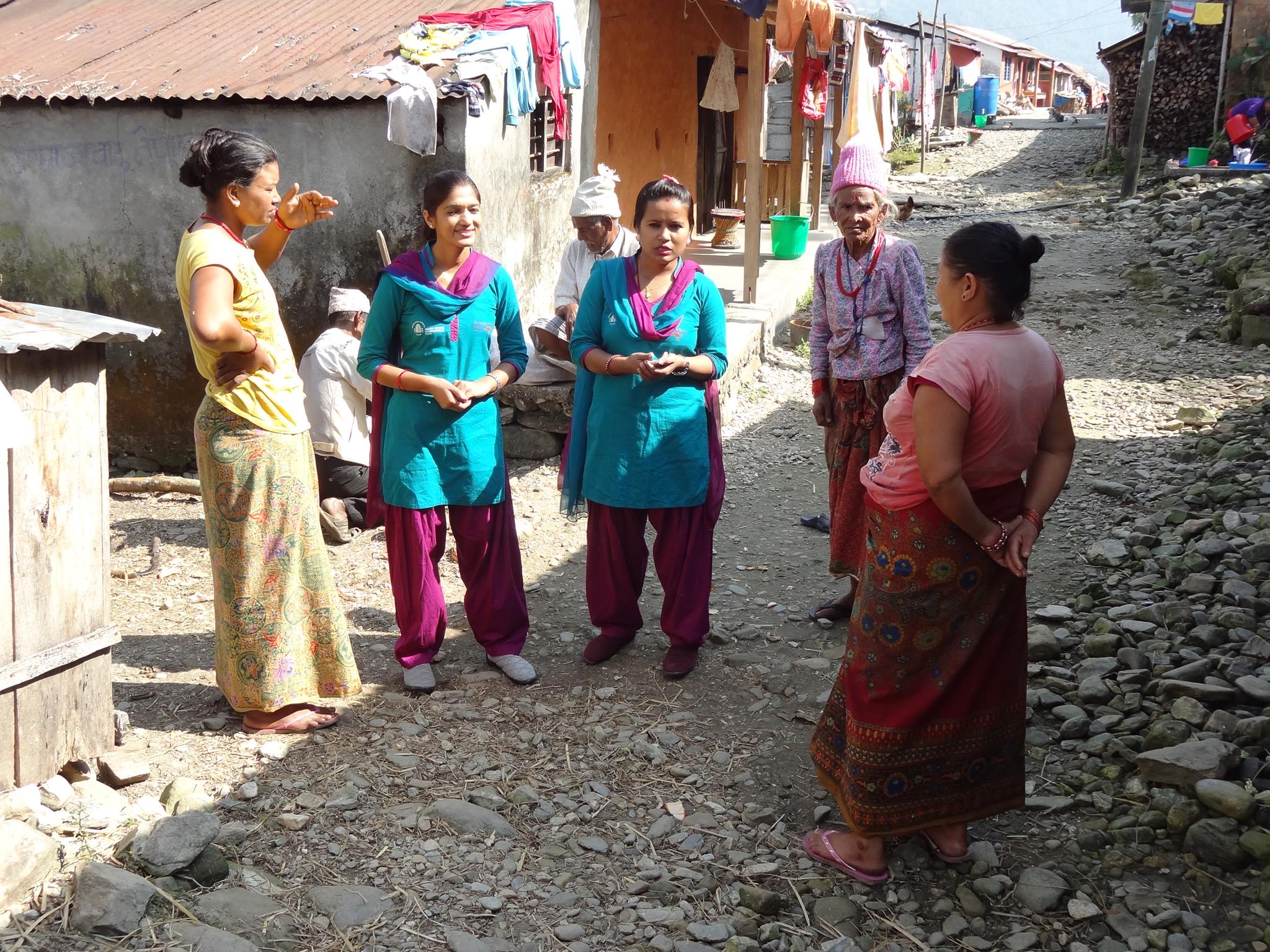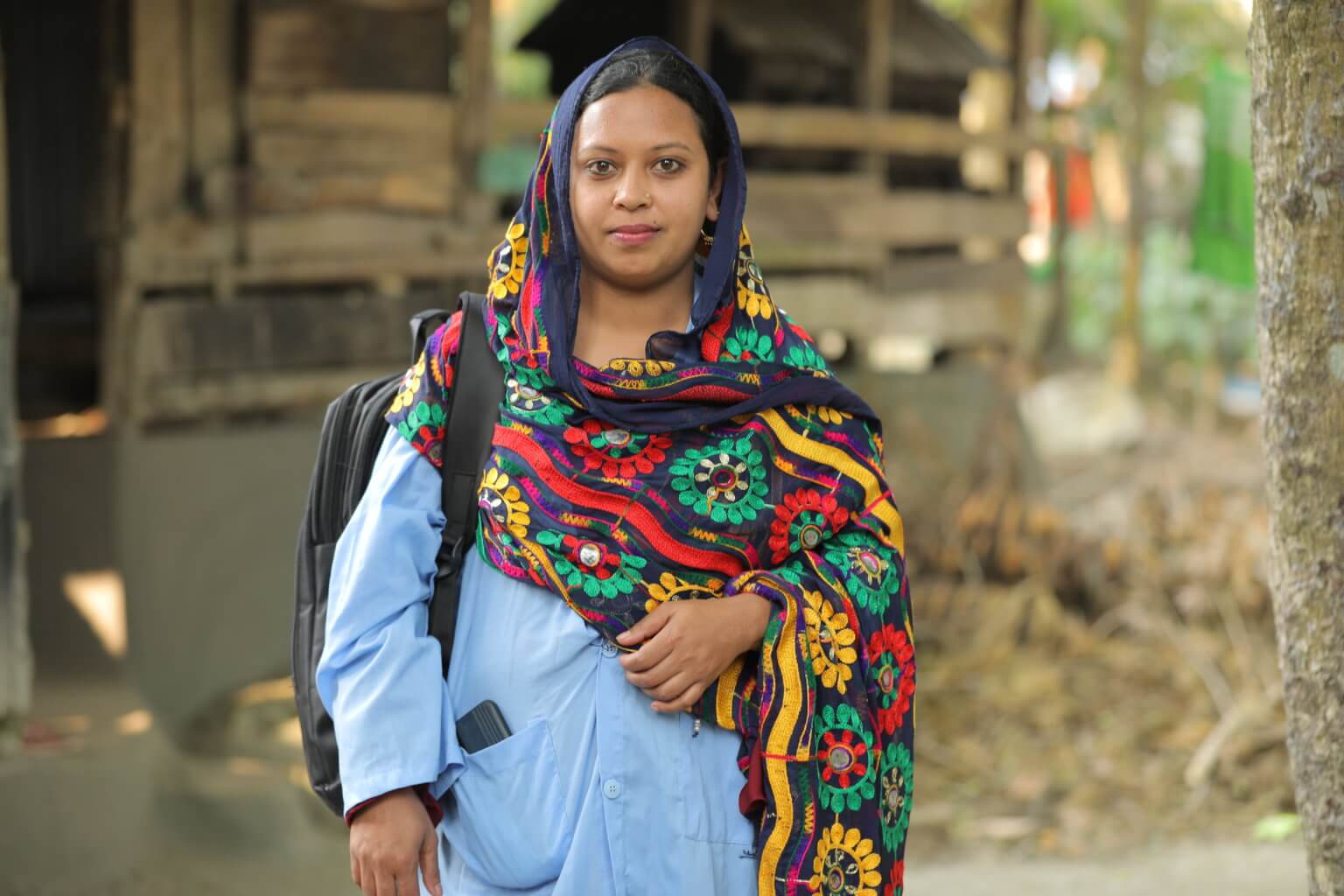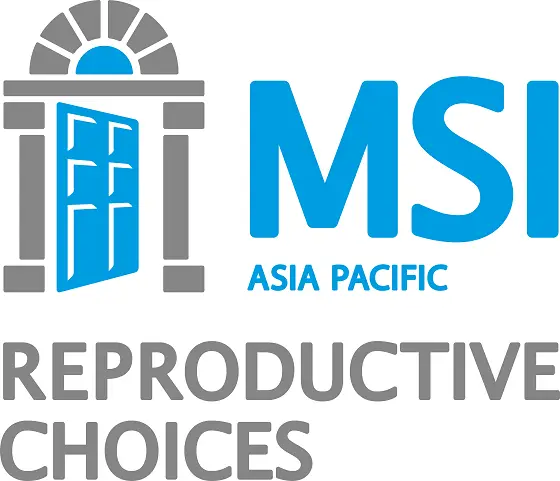MSI has been in a partnership with the Australian Government through ANCP for over two decades. Throughout this period, we have collaborated on numerous projects across the Asia Pacific region, positively impacting the lives of millions.
Between 2023 and 2026, we are proud to continue our collaboration, focusing on projects in Nepal, Cambodia, Pakistan, and Papua New Guinea. These initiatives have been designed and implemented by our local teams on the ground in each country, addressing the distinct needs of the communities we serve. Our primary areas of concentration for the upcoming years are:
In Cambodia, our efforts will build upon the achievements of previous ANCP projects, with a focus on expanding telehealth services. This expansion aims to ensure that a larger number of people can access our services, even if they face challenges reaching an MSI centre.
In Nepal, our project endeavours to remove barriers hindering access to comprehensive sexual and reproductive health services, particularly for individuals residing in remote communities. In close collaboration with local governments, we seek to establish valuable partnerships, develop referral pathways, and deploy skilled MSI clinicians in public health settings.
Pakistan’s project, in response to the escalating risks of natural disasters in the region, centres around building climate-resilient communities. Our commitment to this endeavour ensures that the sexual and reproductive health needs of communities particularly vulnerable to the climate crisis are adequately met. We will be working closely with a local organization specialising in climate change to bolster our efforts.
In Papua New Guinea, we are undertaking a significant project to relocate our Lae center to a new site, equipped with refurbished facilities and an on-site medical laboratory. This move will significantly improve accessibility for clients living with disabilities. Additionally, through this project, MSPNG aims to waive fees for core services, easing the financial burden for clients who are unable to cover the full cost.
We are excited to be a part of these meaningful initiatives that uphold our commitment to making a positive impact on the well-being of communities across the Asia Pacific region.
The program
Our partnership with the Australian Government through ANCP provides high-quality, inclusive sexual and reproductive healthcare services across the Asia Pacific region. Currently, we have ANCP projects in Cambodia, Nepal, Pakistan and Papua New Guinea, ensuring some of the region’s most vulnerable communities can access reproductive choice.


Program results
Across the four countries we are currently implementing ANCP projects in, our outcomes are tied to providing safe, high-quality health care to people living in poverty, rural or remote areas, or from marginalised communities. We focus on making sure our projects are inclusive, accessible and increase the long-term sustainability of our work in these countries.
Contact


